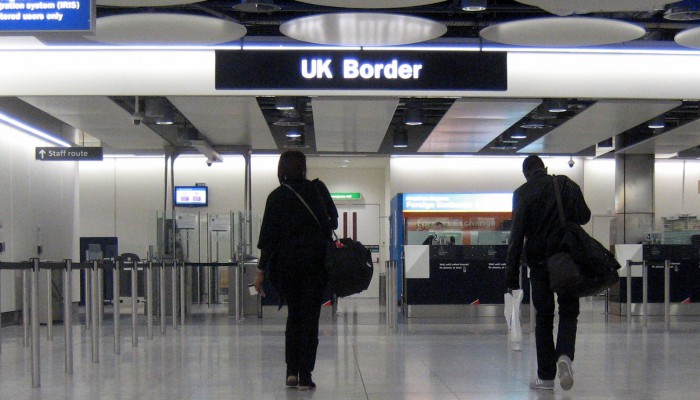‘Signing On’ With the UK Home Office: Reporting as a Site of Anxiety, Detention and Solidarity
This post forms part of our series in showcasing abstracts of presentations featured at our annual postgraduate interdisciplinary conference on refugee and forced migration research, hosted in October 2017 at The University of Melbourne.
Andrew Burridge
Asylum seekers awaiting a decision on their application to remain in the UK are typically required to report to the UK Visas and Immigration Agency (UKVI; formerly UK Border Agency) on a regular basis.
Reporting centres are located within existing Home Office buildings, or at local police stations where UKVI officials will set up temporarily. This is a moment of exceptional anxiety and difficulty for those who are awaiting a decision. The threat of detention and removal is constant during this time, but particularly at the moment of reporting, a technology deployed by the Home Office to bring asylum seekers to them, rather than conduct increasingly unpopular home raids.
This research sets out to map these sites of detention that have been overlooked within critical studies of carceral space: at both Home Office and police reporting locations Short Term Holding Facilities (STHFs) are used to detain persons before transfer to removal (detention) centres elsewhere in the UK.
For those supporting asylum seekers, this can also be a crucial moment for advocacy before they are transferred. To date there is no publicly available information providing an overall picture of the landscape of STHFs used for immigration and asylum reporting.
Andrew Burridge is a political geographer, and was most recently Lead Researcher at the University of Exeter, conducting a three-year ethnographic study of asylum appeals hearings. He has also conducted research regarding border securitization, migrant deaths and humanitarian aid in the Mexico-U.S. borderlands, and at the external borders of the European Union.
